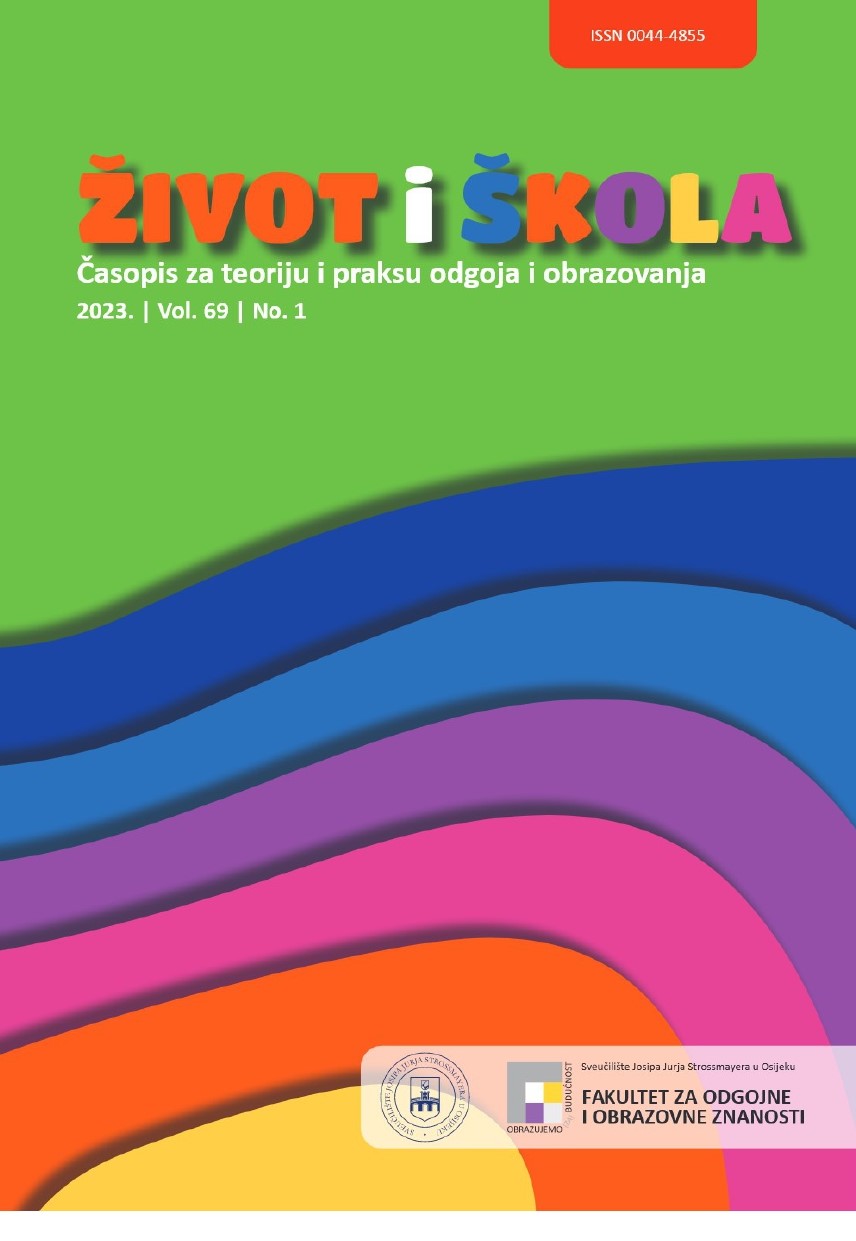LEGAL FRAMEWORK AS THE BASIS OF ACTIVITIES OF TEACHING ASSISTANTS
DOI:
https://doi.org/10.32903/zs.69.1.7Keywords:
educational inclusion; legislative framework; teaching assistantAbstract
In terms of the inclusion of students with disabilities (SEN) in regular educational institutions, the Republic of Croatia has been active since the 1980s. In recent times, the process of educational inclusion has been largely facilitated through teaching assistants (TAs) who serve as professional communication mediators, providing support for the education and socialization of students with disabilities. Given the continuous growth in the number of students with disabilities, there is an expected increase in the demand for teaching assistants/communication mediators in the educational process. While the Republic of Croatia has recognized this need, as reflected in the Constitution (2010) and its educational policy, and by adopting the “Regulations on Teaching Assistants and Professional Communication Mediators” (OG 102/2018), there is still a lack of solid legal foundations that clearly define the selection criteria, competencies, systematic evaluations, education, and support for individuals performing TA duties. This research aims to provide an overview of the legal regulations related to the inclusion of assistants/communication mediators in the educational process and identify areas that are insufficiently regulated by the law. Although research in the field of inclusive upbringing and education through the mediation of TAs is increasing, with a focus on the attitudes, competencies, and cooperation of TAs and teachers, it remains limited and inadequate. This paper highlights the challenges through document review and aims to contribute to the standardization of educational policies at the national level.


